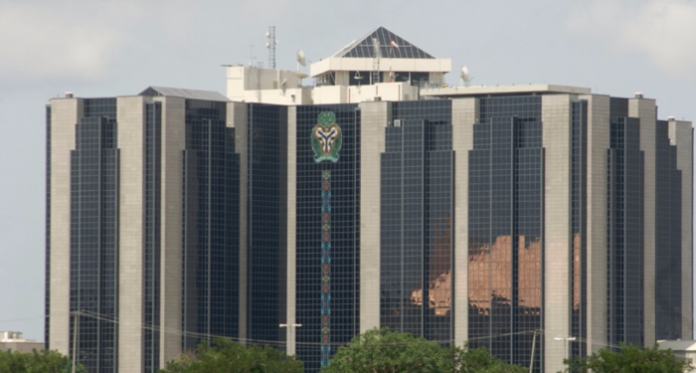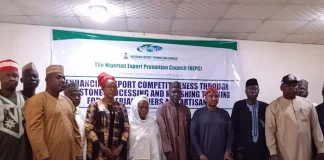Nigeria posted a $6.83 billion balance of payments (BoP) surplus in 2024, a strong reversal from consecutive deficits in the previous two years, according to the Central Bank of Nigeria (CBN). The surplus, up from deficits of $3.34 billion in 2023 and $3.32 billion in 2022, reflects the success of ongoing economic reforms, improved trade flows, and renewed investor confidence, the apex bank said in its annual external sector report.
The current and capital account surplus stood at $17.22 billion, supported by a goods trade surplus of $13.17 billion. The CBN attributed the improvement partly to a 23.2% drop in petroleum imports to $14.06 billion and a 12.6% decline in non-oil imports to $25.74 billion.
On the export side, gas exports jumped by 48.3% to $8.66 billion, while non-oil exports climbed 24.6% to $7.46 billion. Remittance inflows also showed strength, with personal remittances rising 8.9% to $20.93 billion. In addition, inflows from International Money Transfer Operators (IMTOs) rose sharply by 43.5% to $4.73 billion, and official development assistance increased by 6.2% to $3.37 billion.
The financial account recorded a net acquisition of financial assets amounting to $12.12 billion. Portfolio investment inflows more than doubled to $13.35 billion, while residents’ foreign currency holdings rose by $5.41 billion, reflecting improved economic sentiment.
Although foreign direct investment declined by 42.3% to $1.08 billion, external reserves climbed by $6.0 billion to $40.19 billion by year-end, strengthening Nigeria’s external buffers. Net errors and omissions, often used to gauge data discrepancies, narrowed sharply by 79.5% to -$5.10 billion, from -$24.90 billion a year earlier. The CBN said this points to improved transparency and data accuracy.
“The positive turnaround in our external finances is evidence of effective policy implementation and our unwavering commitment to macroeconomic stability,” said the CBN Governor. “This surplus marks an important step forward for Nigeria’s economy, benefiting investors, businesses, and everyday Nigerians.”













